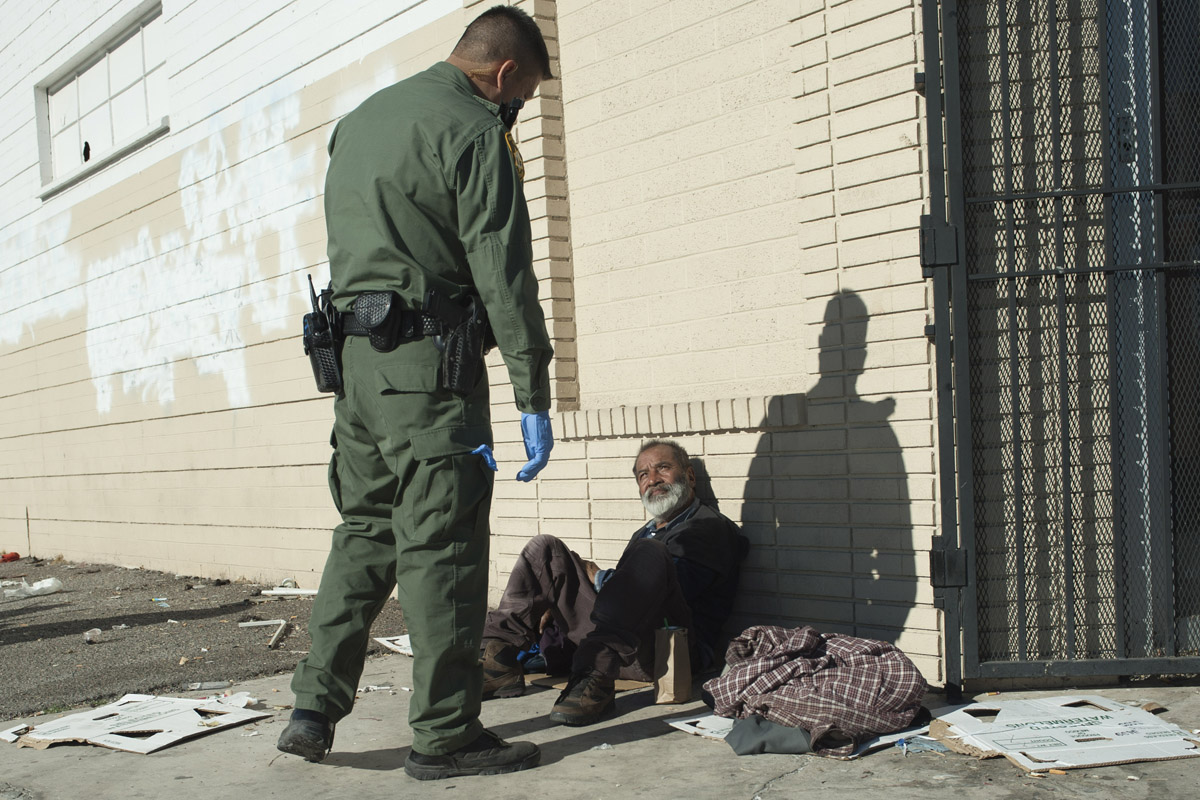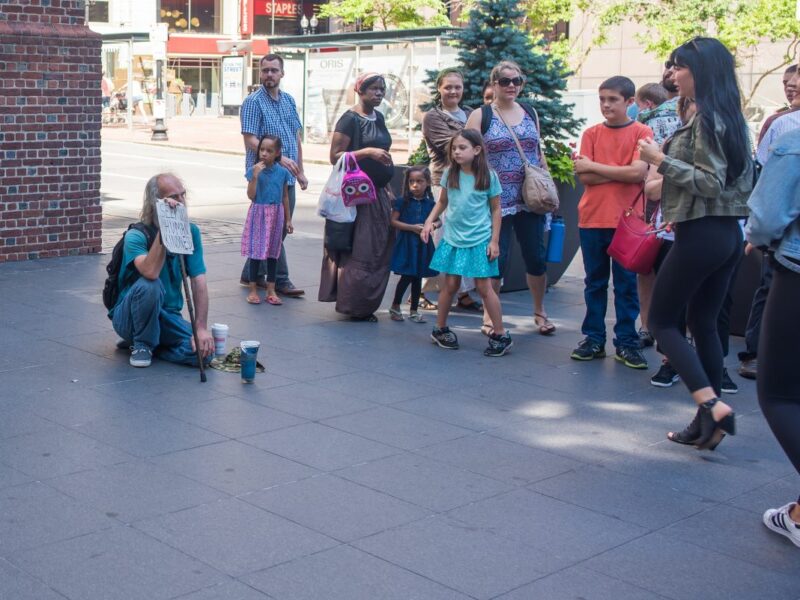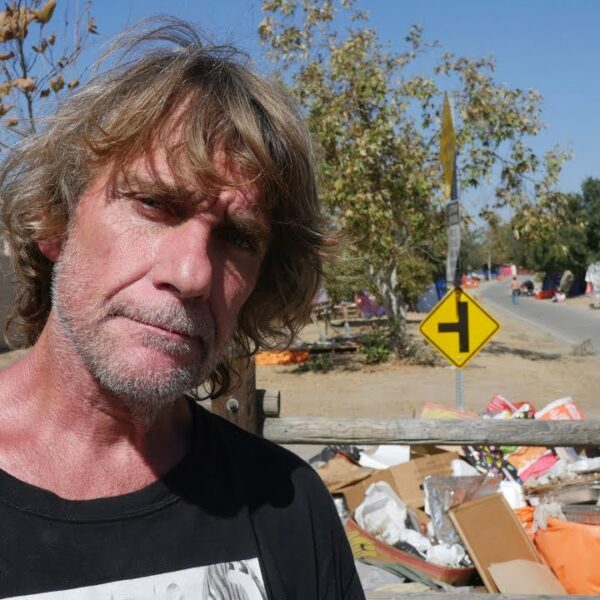Since COVID-19 lockdown restrictions were implemented, vulnerable homeless people have been treated like criminals. That’s in the beginning, at least.
Governments have been battling to house the estimated 1.6 billion people who are homeless or live in insufficient housing. But in some circumstances, the treatment of some of society’s most vulnerable people has been appalling.
From the Philippines to Italy to the United States, homeless people have faced a barrage of injustice from governments. Homeless people face a fresh set of problems including fines and arrests for failing to follow lockdown restrictions. They are being treated like prisoners placed in confined and unsanitary conditions.
If individuals have nowhere to live than the streets, their cars or other exposed areas, how can they practice social distancing?
How can they follow hygiene suggestions without anywhere to wash their hands and maintain basic personal hygiene?
Homeless people have found themselves in a catch-22 situation that resembles a nightmare. They have nowhere to stay safe and self-isolate, which means they’re vulnerable to contracting coronavirus. And as the homeless community is susceptible to illness, that means they are more likely to experience it severely.
To make matters even worse, homeless people on the streets face fines, arrests, and mistreatment. This is all for being in a situation they cannot control.
Let’s take a look at how homeless people have been treated in the United States and elsewhere, and what we can expect from improved solutions.
The Balance Authorities Must Make
Before we delve into the mistreatment homeless people face amid the coronavirus pandemic, it’s important to note that there’s a balance many authorities have to attempt to achieve. This is to ensure governments recognize the rights of homeless people while also keeping the wider population safe.
After all, there are some circumstances in which a homeless person may refuse to self-isolate, even when given the chance. This is usually because they suffer from drug or alcohol addictions.
There are new laws in most countries to deal with these situations. These laws aren’t specifically aimed at homeless people. In most cases, where a person is risking infecting others and is refusing to isolate, there is legislation that can prevent it.
Homeless People Treated Like Prisoners in the USA
Rights groups around the United States claim that police have ignored the advice of health authorities by vigilantly enforcing laws that prevent homeless people “trespassing”, sleeping in, or setting up tents in public areas.
When establishments like libraries, cafes, public toilets, and other facilities were open, homeless people had access to basic hygiene. With these facilities now closed, it becomes impossible for homeless people to follow sanitary guidelines like frequent hand washing.
It has also put homeless people in a position where they face fines for public urination, despite lacking a facility to use.
Cramped and Unlivable Conditions
As the pandemic broke, many homeless shelters in the United States had to reduce their capacity allowing homeless people to practice social distancing. However, this didn’t work, as it meant less space available for vulnerable homeless people.
To deal with this, new congregate facilities were used, but these weren’t safe at all. Of course, these cramped and confined spaces welcome the risk of contagion.
In March, Las Vegas had a homeless person staying in the Catholic Charities homeless shelter test positive for coronavirus. Sadly, this meant the facility had to close. It left 500 homeless individuals clambering for a roof over their heads.
This resulted in Nevada officials creating a makeshift homeless “shelter” – right in the middle of a parking lot. Photos from this shelter were rightly met with outrage.
Officials removed the carpet for the concrete floor and marked designated white boxes six feet apart from one another for homeless people to sleep in. In the distance, Las Vegas’s swanky hotels tower above.
Such photos show that these homeless people faced treatment perhaps worse than prisoners – as if they weren’t even human.
Fines and Arrests Worldwide
Of course, it’s not just in the United States that homeless people have been treated unjustly.
With the introduction of the lockdown in March, French police fined several homeless people for breaching government orders to self-isolate indoors during the pandemic. This occurred in French cities including Paris, Lyon, and Bayonne, according to homeless charities.
People not following the rules of staying indoors faced fines ranging from €38 to €135. This is even those who have nowhere safe to stay or don’t have the money to pay for such fines.
In the Philippines, the conditions were even tougher for homeless people. Shockingly, President Rodrigo Duterte warned that anyone ignoring lockdown measures could be shot – homeless people included.
Homeless people were among tens of thousands of people the government arrested for disobeying curfew or lockdown measures.
Likewise, in the Indian capital of Delhi, homeless people cannot walk outdoors to reach the hunger relief centers that help feed the vulnerable during the crisis. According to locals in the capital, the police grouped homeless people from the streets and transported them to camps. Some people were beaten, and others weren’t permitted to take their belongings.
What’s Happened Since?
Most of these dire situations occurred at the beginning of lockdown measures in March. Thankfully, homeless advocates say the circumstances have improved in many cities. Authorities have become more understanding of the needs and unfortunate circumstances that homeless people face.
In Barcelona, Spain, homeless people can obtain certificates showing they have nowhere to go to prevent police fining them for being outdoors. However, this scheme was planned by the Arrels Foundation charity, rather than the government themselves. According to the Arrels Foundation, the numbers and complaints regarding homeless people living on the streets have fallen considerably.
Instead of leaving homeless people out on the streets vulnerable to COVID-19, some city administrations around the United States have found housing for thousands of homeless people in vacant hotel rooms, motels, Airbnb units, hostels, and other forms of housing.
This applies to homeless people who are COVID-19 positive, as well as those who don’t show symptoms and those that require medical respite while recovering from an illness, coronavirus-related or not.
While this allows a comfortable and safe environment for homeless people to self-isolate, in most places in the United States, these options are a temporary health measure.
We Must Protect Vulnerable Groups
Homeless people have traditionally had their rights threatened and curtailed. Sadly it comes as no surprise they are faced with new challenges from governments during the coronavirus pandemic.
However, challenges from advocates and charities have led to a more humane approach over time.
Today, there’s an understandable need to ensure that people don’t pass the virus onto others. In extreme circumstances, it may be necessary to prevent someone from being in a public place when they are refusing to self-isolate and are putting others at risk. But any new legislation brought in for this purpose should in no way be used to sweepingly criminalize homeless people.
Right now, governments should be doing everything they can to protect vulnerable groups like homeless people. Treating them with humanity and respect comes with that.












